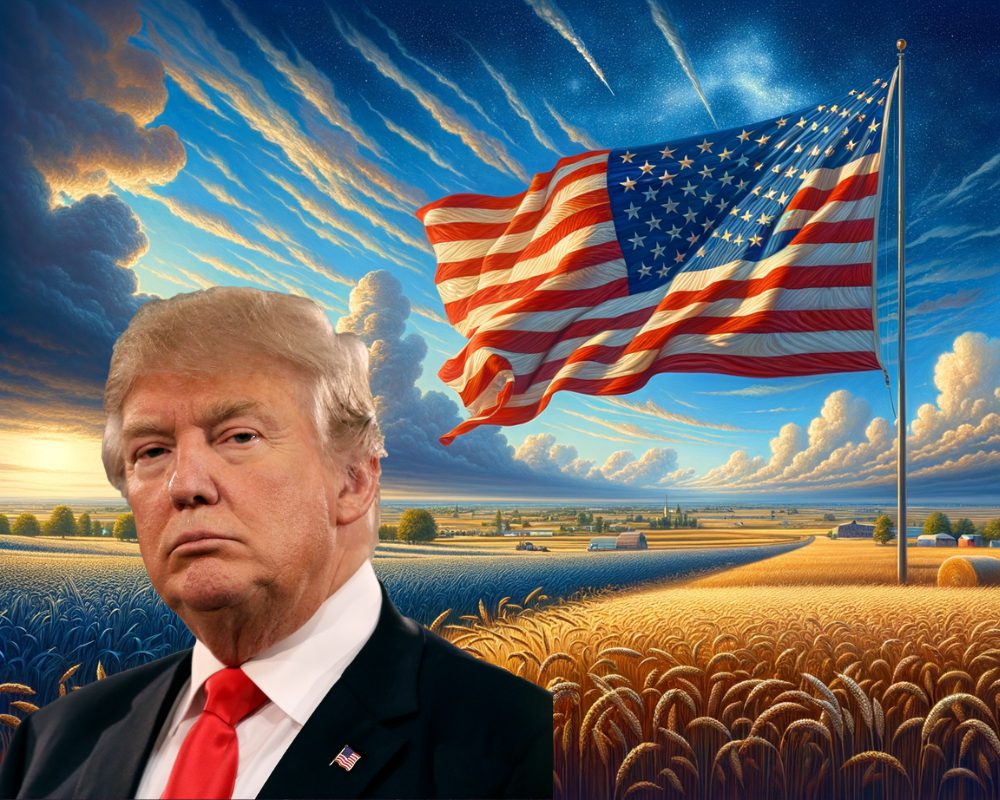The US presidential campaigns are inching towards their final stage, and their political undercurrents are shaping world economics. Former US president Donald Trump has already announced a trade war, adding that he may impose tariffs on countries moving away from the US dollar.
If Trump is elected, his move could significantly bolster trade tensions with China, indirectly putting ASEAN under the central trade spotlight.
Also Read: Ripple: ChatGPT Predicts XRP’s Price Outcome For October 2024
US-China Trade Tensions: What’s Happening?
The US-China trade scenario is undergoing a transformative change. China is an active part of the BRICS alliance, which aims to derail the US dollar for good.
At the same time, the coalition is also pioneering unique collaborations to carve its own independent identity while developing a currency system that directly challenges the prestige of the US dollar.
However, political undercurrents are heating up the global trade scenario after US President Donald Trump’s recent spree of comments. In one of Trump’s recent political rallies, Trump reiterated his bold stance, adding that he may impose tariffs on countries moving away from the US dollar. The development may put significant stress on China, impacting its trade ties with the US holistically.
Trump’s decision may ultimately prove detrimental to the USD, resulting in nations searching for potential substitutes to evade paying 100% tariffs. This may also weaken US dollar demand, jeopardizing its position as the leading reserve currency.
Also Read: Shiba Inu: AI Predicts When SHIB Will Hit 15 Cents
How Will ASEAN Benefit From This Change?
ASEAN is currently standing at a bypass, benefiting the most from the US-China trade tensions. In such a scenario, the ASEAN nations can note a surge in diverted investments, seeking alternative substitutes for the products initially imported from China.
Secondly, the tariff situation imposed on China can increase ASEAN’s trade prospects with other nations. The bloc may invite an influx of trade opportunities, which may help bolster the region’s global positioning.
ASEAN nations are also emerging as the next tech hubs, which may ultimately play a crucial role in its growth prospects. For instance, the tariff scenarios can also help ASEAN restructure its supply chain dynamics, mainly in textiles, machinery, manufacturing, labour, and electronics.
Also Read: FET Skyrockets with Kamala Harris’s AI and Crypto Endorsement
The influx can also translate into high FDI investment in ASEAN, making it a central region for innovation and change.
.
